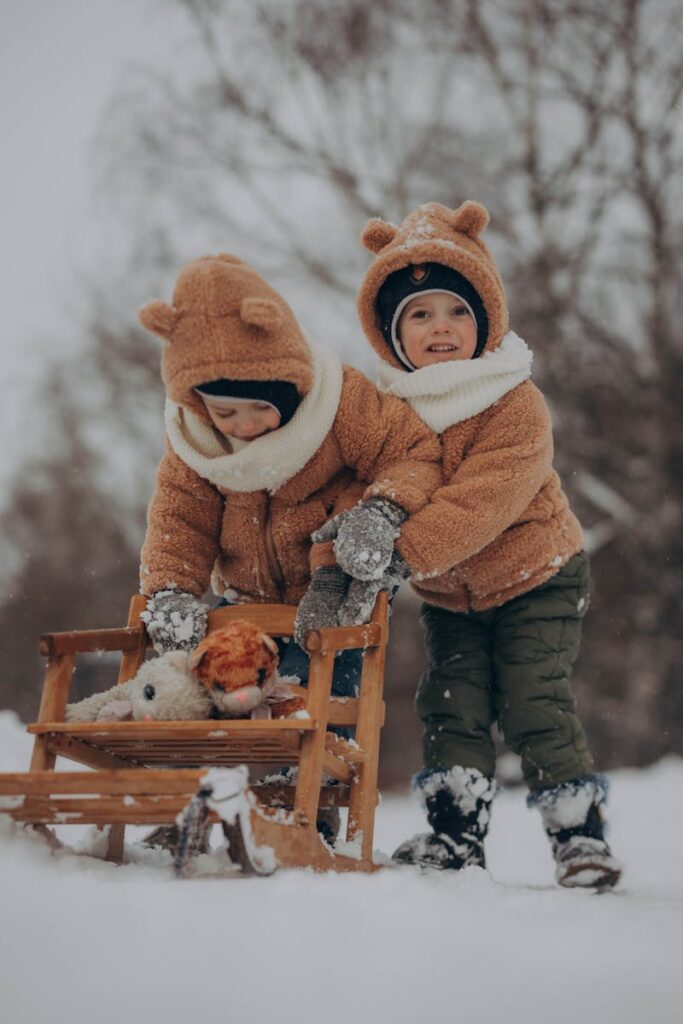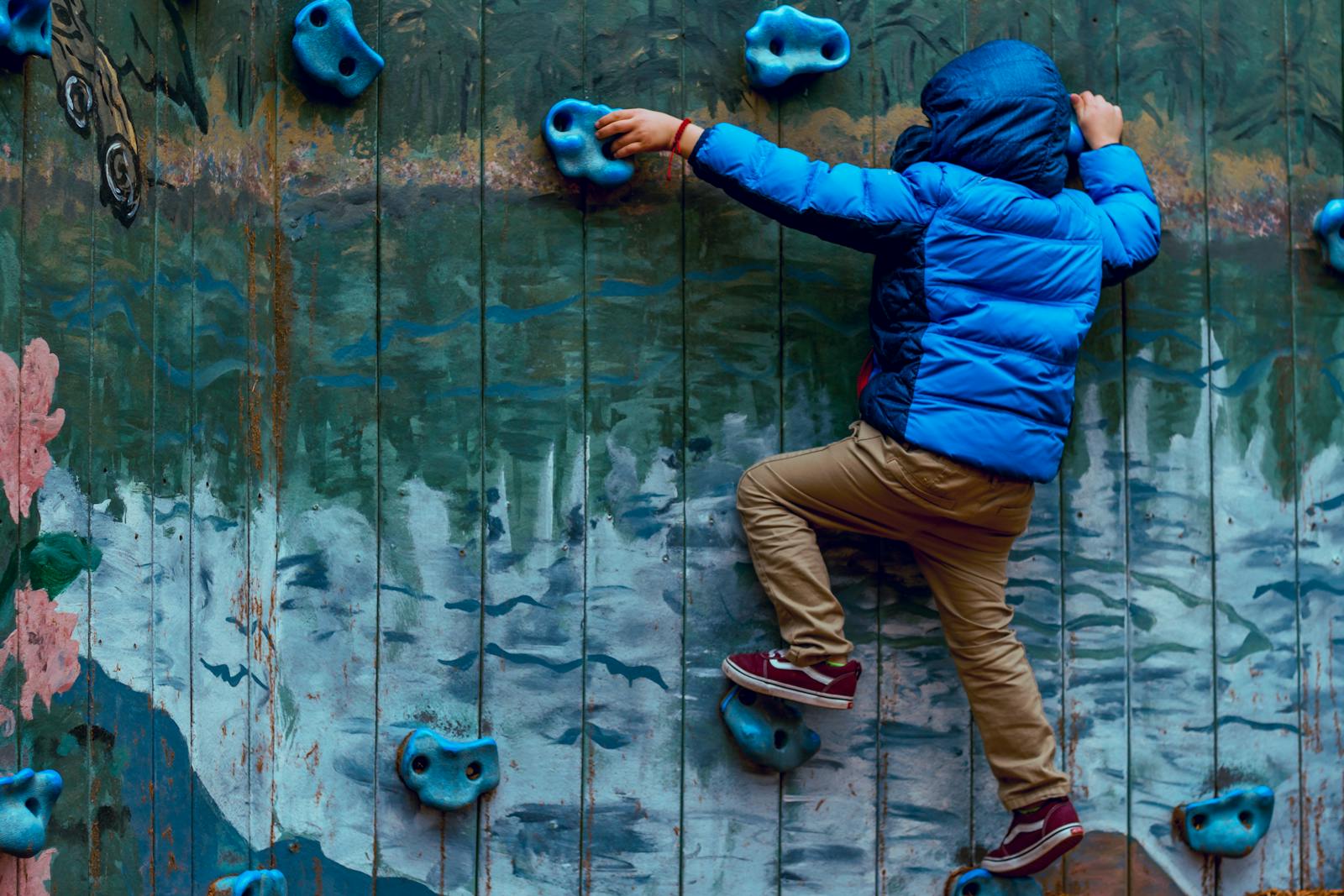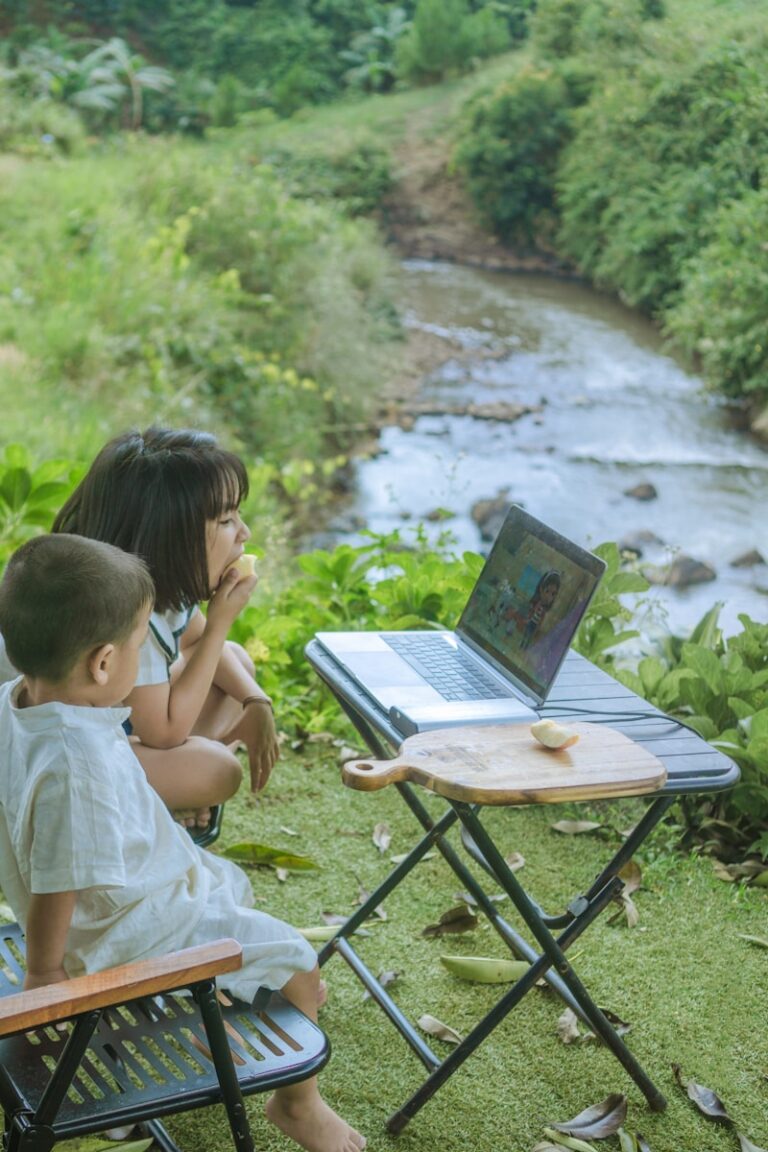Debunking Common Cold Weather Health Myths About Being Outside
Did you grow up with your mom or grandma telling you not to go outside when it’s cold, without a jacket, or with wet hair because it’ll make you sick? These are some of the most common cold weather health myths that I hear as a pediatrician. Let’s dig into some of them, wrapping up with some tips for how to keep your family healthy in the winter.
Myth 1: Cold Weather Makes You Sick
Cold symptoms in the winter are caused by viruses. These cold viruses are spread by respiratory droplets, meaning sneezing, coughing, and breathing. In the cold season, more people spend time indoors with decreased ventilation. This increases the chances of the spread of cold viruses resulting in people getting sick. During the COVID pandemic, many indoor activities were moved outdoors to minimize risk of spreading the virus.
Myth 2: It’s Too Cold or Wet for Kids to Play Outside
Kids are a lot more resilient than we sometimes give them credit for. Of course, use your judgement and common sense. If it truly is a blizzard outside, keep them indoors. Otherwise, layer them up, making sure to cover their heads, ears, hands, and feet. If it is raining, use appropriate waterproof rain gear and let them splash in the puddles. Giving kids an opportunity to play in different weather conditions will also teach them how to layer up on their own so that they are comfortable outside. Here are some tips for how to build family connections outdoors.
Myth 3: You Lose Half Your Body Heat Through Your Head
This is an old myth as well. According to the Cleveland Clinic, while you do lose some heat through your head, it is only about 8-10%, consistent with the total body surface area of the head. You’ll still want to wear a hat if it is on the colder side to prevent heat loss and stay comfortable but recognize that the amount is much less than half.
Myth 4: Wet Hair in the Cold Makes You Sick
Similar to the first myth, viruses are what make us sick, not the cold weather. However, wet hair can increase the amount of heat loss due to evaporation which can make you feel colder and make you less comfortable.
Tips for Preventing Winter Colds
“But then why does my kid always have a runny nose,” you ask. One option could be recurrent viral illnesses and another could be allergies. For some, allergies are not just something that happens in the spring. Allergy symptoms can also happen in the winter time with exposure to indoor allergens. If your child has ongoing symptoms or has asthma or other lung issues that can worsen in the winter when triggered by viral illnesses, then please talk to your child’s pediatrician.
If being sick is something that you are worried about for your kids, model and teach them the basics:
- Wash hands with soap and water
- Stay away from people who are sick
- Don’t share cups and utensils with others
- Disinfect your space
- Take care of yourself (eat healthy, sleep well, drink water, get some activity)
Wrapping It Up
So there you have it – four common cold weather health myths, debunked. What are some other ones you have heard?






